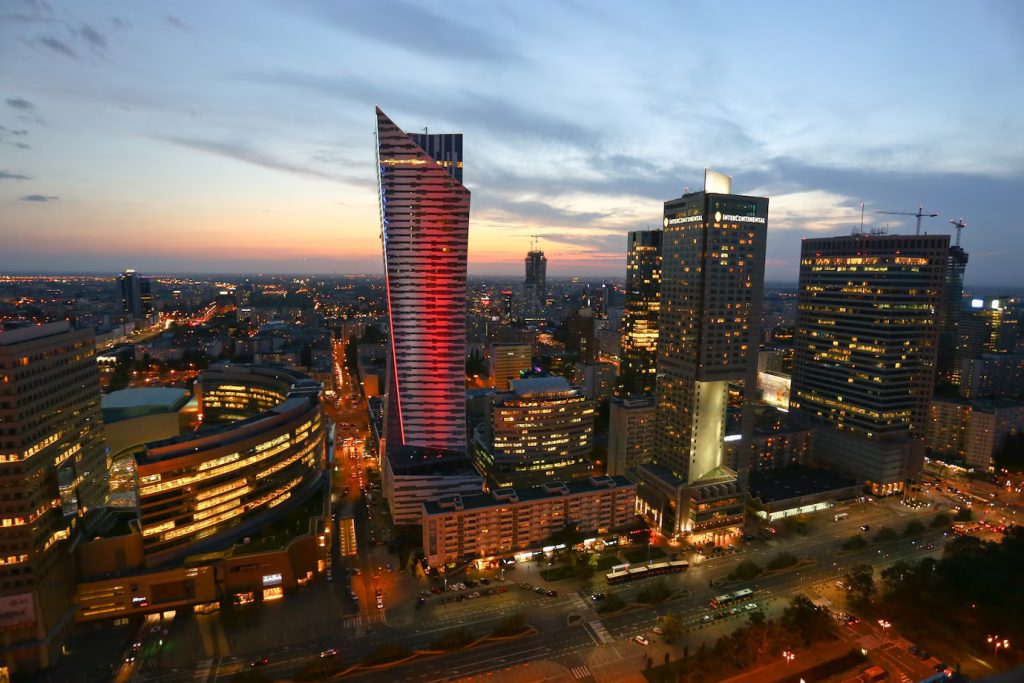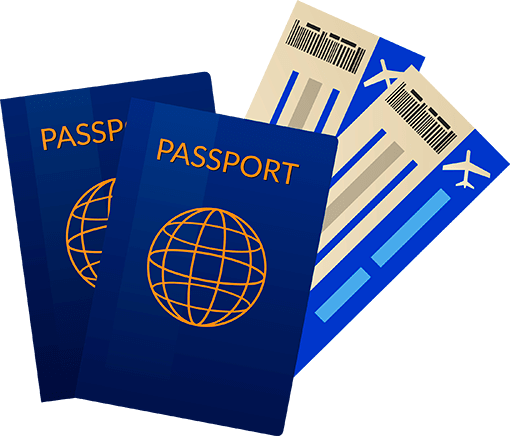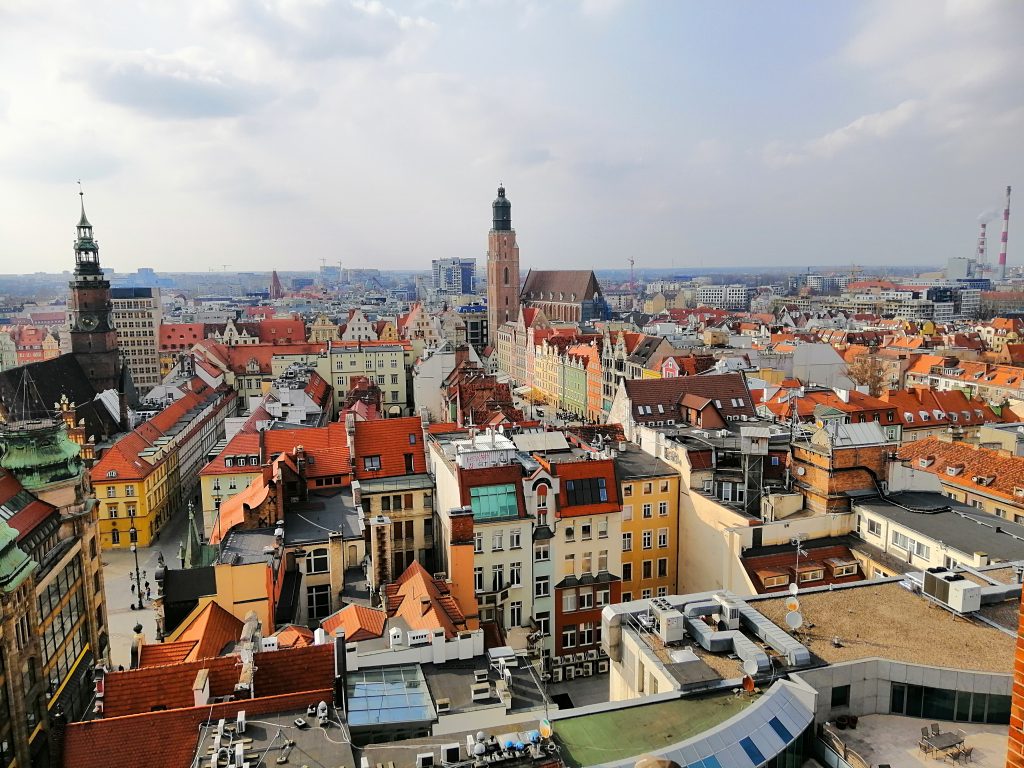How to get a long-term EU resident card in Poland: a complete guide

What is an EU long-term resident card?
The EU long-term stay resident card is a document that confirms the right of a foreign citizen to long-term residence in one of the countries of the European Union. It provides a status similar to a permanent residence permit and is a sign of integration into the European community. This card is issued to individuals who have proven their desire and ability to live and work in the country on a long-term basis. Obtaining this status opens access to a number of benefits, including free movement within the Schengen area and equal rights with citizens of the host country in terms of employment, education and social security. However, the card does not provide all the rights available to EU citizens, such as participation in elections or work in public institutions. The EU long-term stay resident card differs from other residence permits in that it provides its holder with stability and confidence in the future, as it is valid on a permanent basis and only requires periodic renewal. This status is especially attractive for those who plan to stay in Poland or other EU countries for a long time and build their life here.
Advantages of the EU long-term stay resident Card
- The right to permanent residence in Poland without time limits. The card holder gets the opportunity to live in the country on a permanent basis without having to renew the residence permit annually. This provides stability and certainty for the future, which is especially important for families and those planning long-term integration.
- Freedom of movement within the Schengen area on 90/180 terms. Cardholders can travel freely within the Schengen countries for up to 90 days during each half-year without the need for a visa, which makes tourist and business trips much easier.
- Possibility of employment in Poland without a work permit. With this status, you no longer need a separate work permit, which simplifies the job search process and eliminates bureaucratic barriers. It also allows you to legally work in other EU countries if certain conditions are met.
- Access to social benefits and state support programs. The card provides the right to receive social benefits, health insurance, and participation in state programs available to Polish citizens. This may include housing subsidies, unemployment benefits and access to free education for children.
- Potential acquisition of Polish citizenship after 3 years of residence status. After three years of long-term residence, you become eligible to apply for Polish citizenship, provided that you meet certain requirements, such as knowledge of the Polish language and integration into the local community.
Who can get an EU long-term stay resident card in Poland?
To obtain an EU long-term stay resident card, you must meet a number of conditions:
- Reside in Poland for at least 5 years legally.
- Have a stable source of income that covers all living expenses.
- Have health insurance (mandatory).
- Prove knowledge of the Polish language at the level of B1 or higher.
How to apply for an EU long-term stay resident card: step-by-step instructions
Step 1: Collecting the necessary documents
Before submitting the application, collect all the necessary documents:
- A completed application form (the form can be downloaded from the website of the voivodeship office).
- A valid passport and its copies.
- Four photographs 35×45 mm.
- Proof of payment of stamp duty (640 PLN).
- Health insurance.
- Documents confirming your right to residence and employment.
- A certificate of knowledge of the Polish language at level B1 or higher.
Step 2: Submission applications
You can submit your application in person at Urząd Wojewódzki or send it by post. Make sure that all documents are prepared and completed correctly to avoid delays.
Step 3: Getting a stamp in your passport
After submitting your documents, a special stamp is placed in your passport confirming your legal residence for the period of your application being considered.
Step 4: Waiting for a decision and receiving your card
The application review period can take from several weeks to several months. If the decision is positive, you will need to pay an additional 50 PLN for the card.
Why might you be denied an EU long-term resident card?
- Failure to comply with the minimum period of legal residence in Poland. To obtain an EU long-term stay resident card, you must have lived in Poland for at least 5 years on the basis of a legal and uninterrupted residence permit. If the applicant has been in the country in violation of the visa regime, had interruptions in legal status or has stayed in Poland for less than the required period, this may serve as grounds for refusal.
- Insufficient level of financial stability. When applying for a card, you must prove that you have sufficient income to support yourself and your dependents without having to apply for social assistance. The absence of a permanent source of income, stable employment or other confirmed financial means may lead to refusal.
- Lack of health insurance. It is important to confirm that you have health insurance that covers all necessary costs of treatment in Poland. If the applicant fails to provide a valid insurance policy, this may result in the card being refused.
- Breaking the law or posing a threat to public safety. Persons who have been convicted of serious crimes or pose a threat to public order and security in Poland may be refused. This also applies to those who have been caught violating immigration laws or have administrative violations.
- Insufficient level of integration into Polish society. Although this condition is not always formally mandatory, sometimes the level of integration into the local community, knowledge of the Polish language, and participation in public life may be taken into account when considering an application. The absence of these factors may negatively affect the decision on your application.
- Incorrect completion of documents or provision of false information. Any errors in the submitted documents, lack of necessary certificates, or intentional distortion of information may result in the application being rejected. It is important to check all documents carefully before submitting and, if necessary, seek professional help.
Can I work in other EU countries with a residence card?
The EU long-term residence card obtained in Poland provides significant benefits to its holders, including the ability to move freely within the Schengen area. However, when it comes to employment in other EU countries, there are certain restrictions.
What is allowed: The EU residence card entitles its holder to stay for up to 90 days in other Schengen countries without the need for a visa. This can be useful for tourist or business trips, short-term business trips, visiting relatives or friends. However, this card does not automatically entitle you to employment in other EU countries.
What is prohibited: Holders of an EU long-term stay resident card issued in one EU country, such as Poland, cannot automatically work in another EU country without obtaining a work permit. Each country has its own laws and regulations regarding labor migration. If you are planning to move for work, you will need to go through the process of obtaining a work permit in the country you want to move to.
How to work in another EU country: If you have already obtained EU long-term resident status in Poland and want to work in another country, you can apply for a new residence permit in that country for the purpose of employment. In some cases, long-term resident status may make the process of obtaining a work permit easier, but it does not exempt you from meeting the requirements of the specific country.
Exceptions: Some EU countries provide additional benefits and simplified procedures for EU resident card holders, but this depends on the internal policies of the specific country. Before planning your move, it is recommended to familiarize yourself with the migration rules of the chosen country or consult with lawyers to avoid possible problems. Obtaining an EU long-term resident card in Poland is a great way to legalize your stay and gain access to a wide range of rights and opportunities in the EU. Follow our guide and prepare all the documents in advance so that the process goes as smoothly as possible.
Need advice on visa issues? Discuss them with an immigration lawyer
Leave a request and we will contact you shortly

Read more


